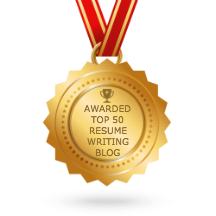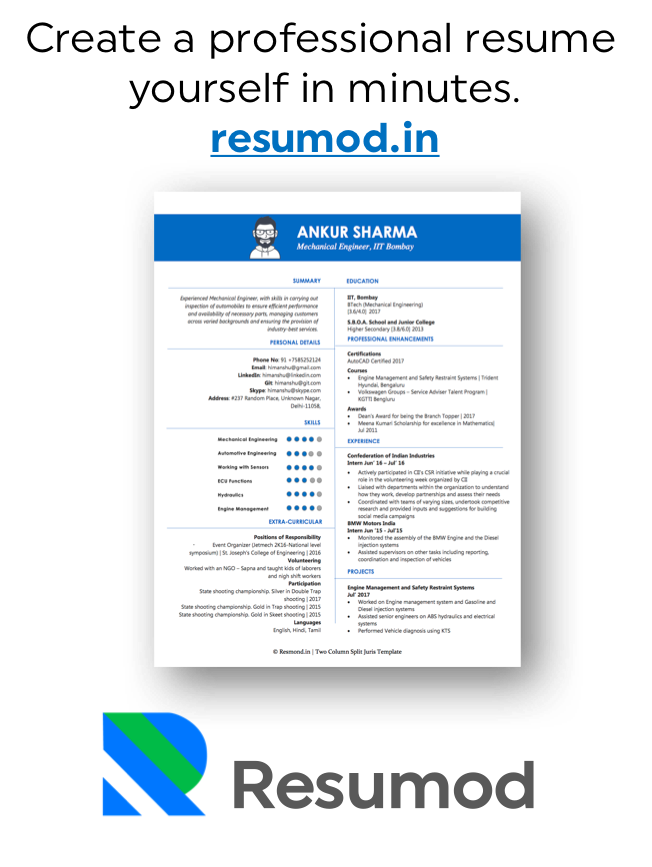As a resume writer, I can tell you this for sure – writing a resume for a person who is at the verge of a career switch is a sticky wicket – at times the right ideas click, and at times the transitions leave you scratching your head. Shifting careers is not an option, it is rather a choice, and let me tell you, there are times when it isn’t that easy.
Barring a small percentage, most of the people are confused regarding career choices. I don’t blame you for that. I myself was at crossroads when it came to choosing a career path after I graduated. I kind of gambled when I chose my profession. Surprisingly, I got the job, even though it was completely different from my major at the university.
Not all people get lucky when picking out careers. Some get what they desire; some have to choose something different altogether, while some change their direction after a certain point of time. Career changes are a little tricky, but if you feel that a transition is absolute, then you need to ramp up your resume accordingly to make sure the first step towards making a change is in the right direction.
Broadly speaking, there are three categories under which your career switch may fall:
- Different industry/company, same vertical/functional area, for example, a Content Writer in an Internet Publishing Company to a Content Writer for a Resume Writing Company
- Same industry/company, different vertical/functional area, like a Content Writer for a Resume Writing Company to a Business Development Executive in a Resume Writing Company
- Different industry/company, different vertical/functional area, such as a Content Writer in an Internet Publishing Company to a Business Development Executive in a Real Estate Firm
While the first kind of transition seems relatively common, allow me to tell you this – I have had a fair share of cases from the other two transitions too. It gets even more difficult when you have the skills and confidence but are having trouble conveying it to the recruiter.
Your resume is your first tool in convincing the recruiter to allow you a chance to market yourself for a given job, without knowing or seeing them first. This rings true in case of career transitions as well. While a one-on-one interaction helps a lot in bringing across the message, the point is moot if you do not land an interview in the first place. So, without further ado, in this article I will be providing insights on how to brace up your resume for a career change.
Case 1: Different industry/company, same vertical/functional area, for example, a Content Writer in an Internet Publishing Company to a Content Writer for an Resume Writing Company
Okay, so I am a Content Writer in an Internet Publishing Company. After working for almost 4 years in this domain, I wish to take up new challenges, or, take up assignments that require my abilities to be steered in a relatively new direction. I search for opportunities and find that a Resume Writing Company is open to hiring Content Writers for writing resumes for its clients to help them get interviews.
Now, I am a writer, but within my present company, I write blog posts, list-based articles, news, and more. This is more or less informal writing, which can be of any length, any topic, require that I pay more attention to visuals in articles/blogs, be active on social media, and keep tabs on various websites for latest trends and news.
On the other hand, as a writer for resumes, I need to be more formal with my writing. I need to be more succinct, focused, be aware of hiring trends and job-specific skills and responsibilities, and at ease with communicating with clients. This is purely professional writing, and I need to keep a check on my writing style, since my audience is specified, and I need to be absolutely careful with my choice of words.
So, the question arises, how do I tell the recruiter that I am a suitable fit for the job? Sure, I do not have prior experience with writing resumes, or, for that matter, formal writing, but how do I prove that I am otherwise skilled to take up the job? The answer in this case is fairly simple.
I research the internet for suitable resume formats. Then, I start off by demonstrating that I have a fair idea of what a resume should be like, through the format and content presentation in the document. Again, I search for similar jobs (in this case, resume writing roles) on the internet, and compare the responsibilities with my present ones. I then proceed to extract skills that are identical to the ones required in my job transition, and highlight those very skills in my resume. Basically, I try to approach the new job description with the formal skills that I have gained from my present job role.
Thus, through a little research and a smart approach, I am able to put a favourable impression and am able to land an interview with the resume writing company. Whether I land the job itself depends on how well I am able to convince the recruiter during the interview process.
…read Part 2 of the Article here



